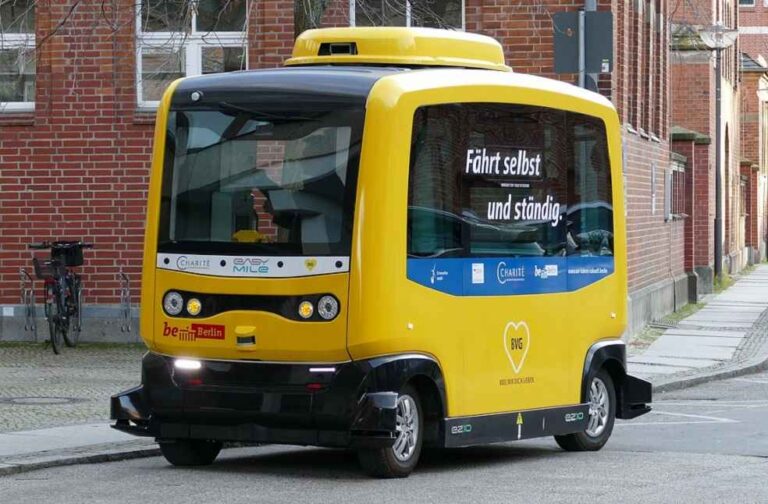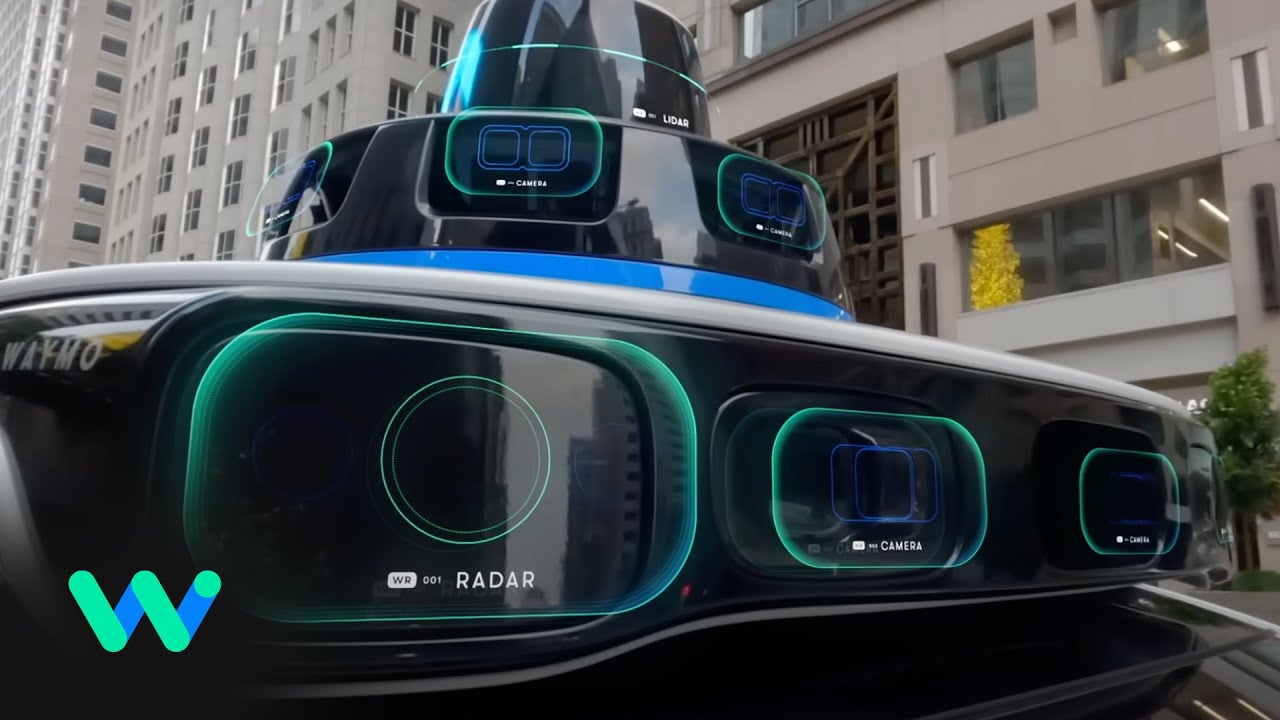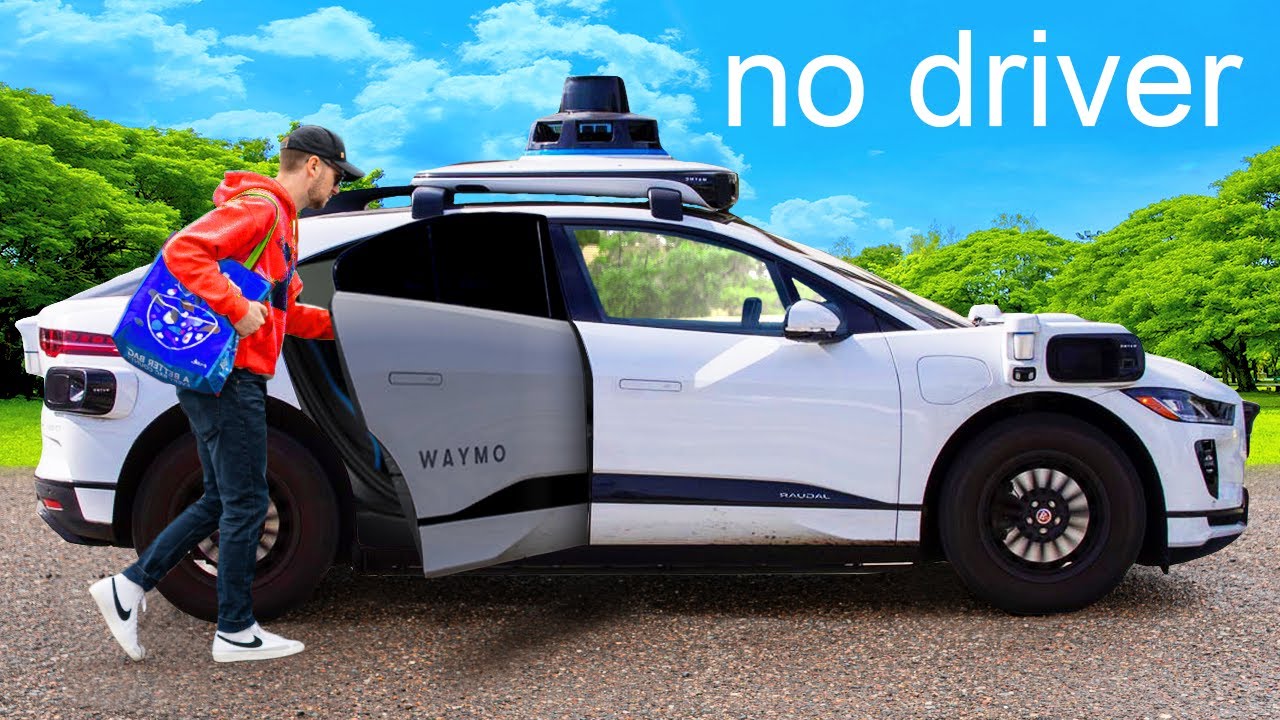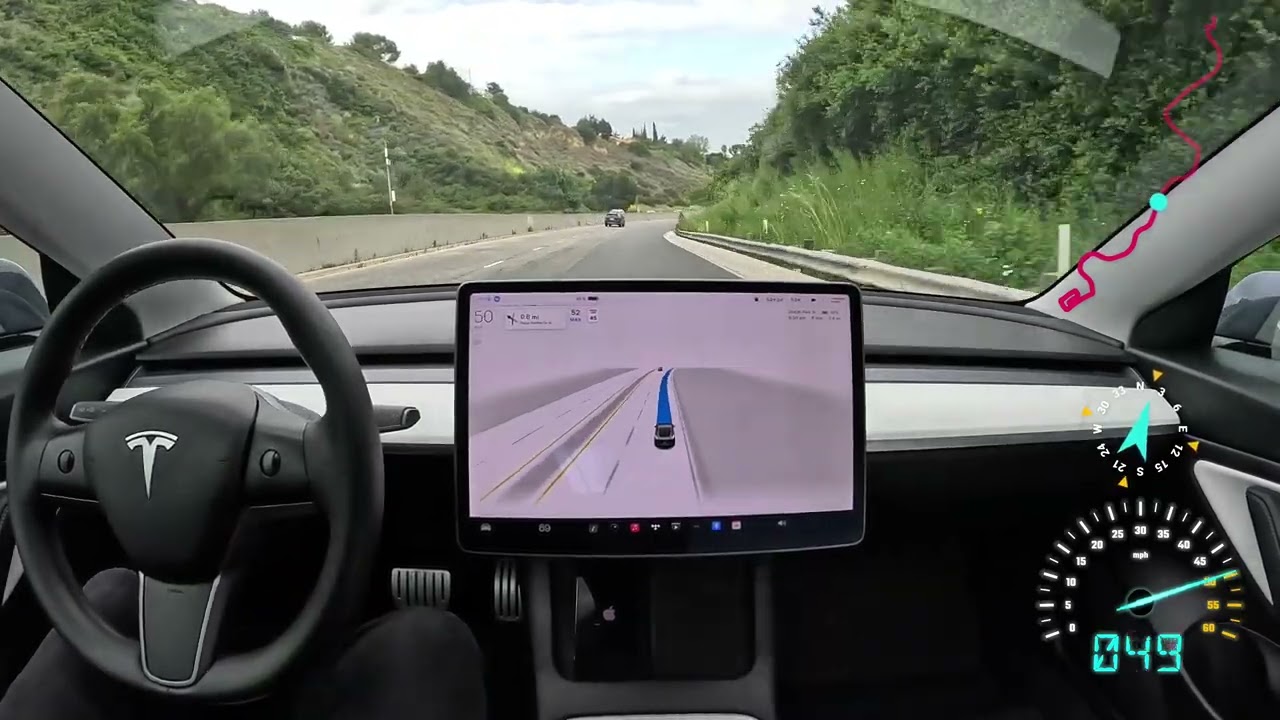At least 25 Autonomous Vehicles (Self Driving Vehicles) are now in the final stages of ‘research perfection’. Many of them are in the legal battle required to enter the public market on an industrial basis. Yes, the reality of self-driving cars, long envisioned by Hollywood, is becoming more common, from Waymo and Cruze in the US to China’s burgeoning industry.
According to the World Health Organization, 1.3 million annual car accident deaths worldwide raise the question of how safe these autonomous vehicles are. It also raises many ethical questions. But the giants in the field including Tesla, Berkley, Google and Lyft are confident that all these can be overcome.
Google, back in 2010, envisioned self-driving vehicles cutting that statistic in half. However, despite the technological advances, autonomous driving comes with inherent risks, as pointed out by regulators.
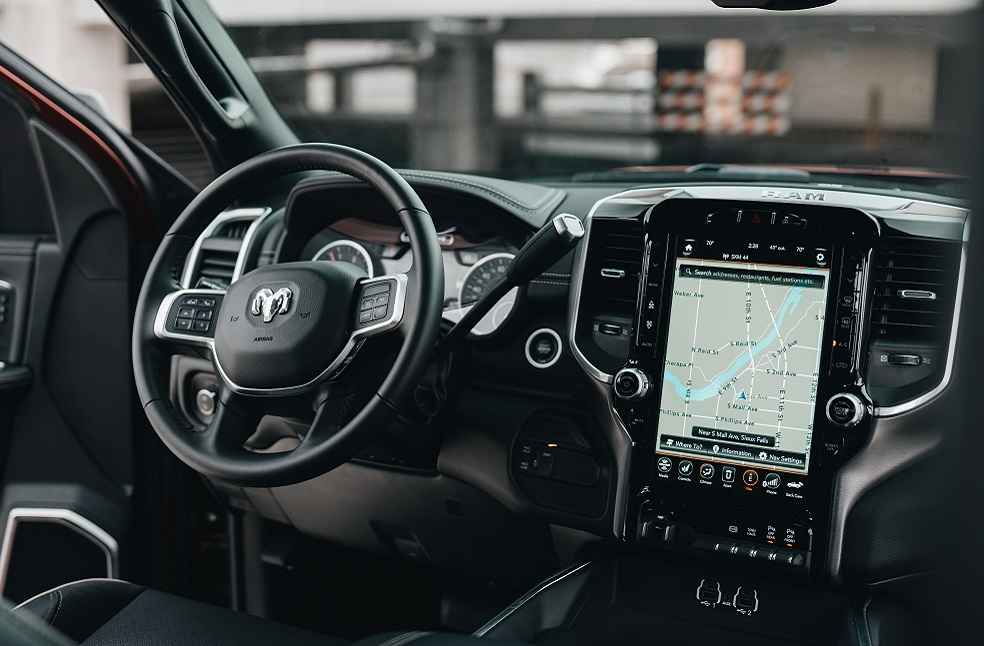
In a significant case, the National Highway Traffic Safety Administration (NHTSA) recalled over 360,000 Tesla vehicles earlier this year, stating that their full self-driving mode increased the risk of accidents. Despite this, Tesla reported no knowledge of injuries or deaths resulting from these system issues.
Through a combination of onboard software, cameras, laser and lidar sensors, radar data, and microphones, autonomous vehicles can perceive their surroundings with high precision. The argument is that this enables them to outperform human drivers in terms of navigation accuracy.
Tesla’s argument underpins this; Elon Musk, vouched for the enhanced safety brought about by sensors and software, stating that “the probability of an accident with autopilot is just less.” The company asserts that cars using autopilot cover more than six million miles for each crash occurrence.
Autonomous vehicles fall into three categories: fully autonomous, semi-autonomous, and driver-assist. Fully autonomous vehicles require no human input, and they’re able to navigate, change lanes, avoid obstacles, and park on their own. Semi-autonomous cars require a human driver for certain functions, while driver-assist features simply aid the human driver without rendering the car fully autonomous.
Despite the benefits, such as potential accident reduction and increased efficiency, there are profound ethical and safety concerns to address. Some fears include the potential misuse of autonomous vehicles for illegal activities or their contribution to unemployment in the transportation sector.
Safety concerns also loom large, especially about the readiness of the technology for widespread use and the potential for increased accidents. Other worries include possible hacking of autonomous vehicle systems and the ethical dilemma of decision-making in potentially dangerous situations.
A whopping 68% of drivers, up from 55% last year, express fear of fully self-driving cars, according to AAA. Matt Lum, an automotive engineer for AAA, emphasizes the need for a more robust driver monitoring system to ensure correct usage.
As autonomous cars hit the roads in increasing numbers, the questions that arise are manifold. How will they alter the risks we undertake when hitting the road? How many more will join them? And most importantly, how safe are they?
Safety is not the only concern when things get serious beyond test runs. How do ethics work when dealing with autonomous vehicles? How are they regulated? Who takes responsibility in case of accident? Many such questions and their legal obligations and sentencings create a complex entanglement. No country including the UAE, which was the first in the world to give a green light to self-driving vehicles on the road, has yet to have a definitive answer to any of these questions.
In essence, while autonomous vehicles promise to radically transform the landscape of transportation, they also introduce a multitude of ethical and safety considerations. These concerns necessitate meticulous scrutiny and strategic planning by designers, manufacturers, and regulators.
As we stand on the precipice of a future shaped by advancements in machine learning and robotics, it prompts us to reflect on our place in this new world. When self-driving cars dominate our roads, we must ponder the fate of human labor within the automotive industry.
AUTO TECH | Netherlands’ Eco-Runner XIII Sets ‘Hydrogen Car World Record’




